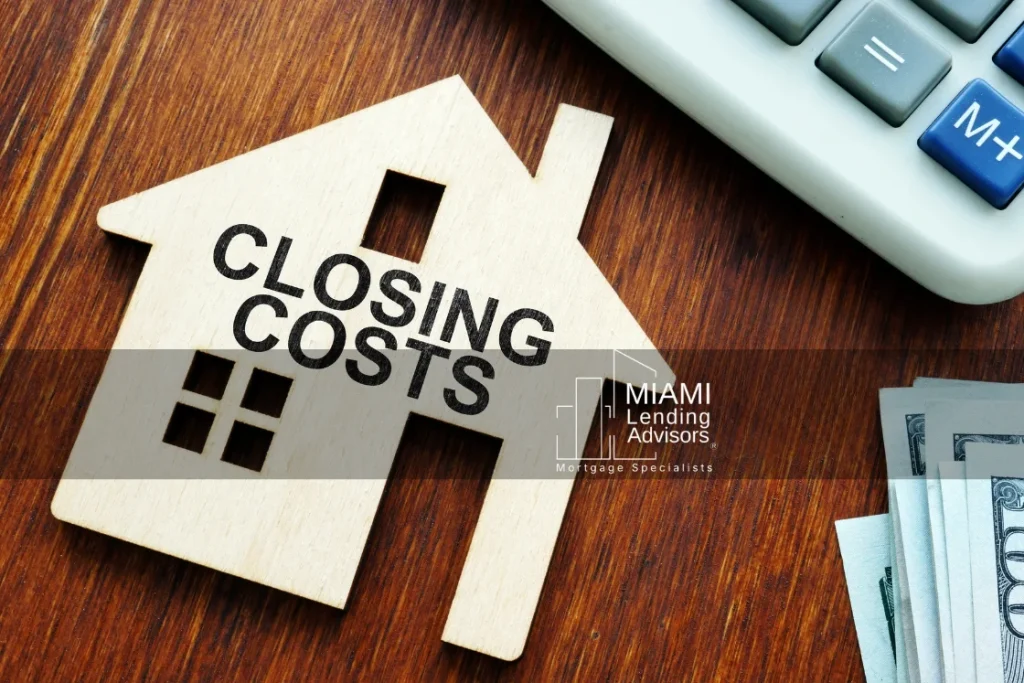Welcome to our South Florida Property Tax guide, an important aid for property owners facing the annual venture of know-how and coping with their assets tax obligations. Navigating the complexities of property taxes in South Florida, whether you’re a new house owner or an experienced resident, can seem daunting. Our complete guide is designed to simplify this proceeding, presenting you with the essential facts and advice. From insights into tax assessments to useful exemptions, we aim to equip you with the knowledge and self assurance wanted for an easy property tax season.
Understanding Property Tax Assessments in South Florida
In South Florida, property taxes are calculated primarily based on the assessed value of your property and the local millage rate. The assessed value is motivated by factors along with location, size, and property features. The millage rate, determined by local taxing authorities, is then used to calculate your overall tax liability.

The Homestead Exemption and Its 3% Cap in South Florida
A key benefit for property owners in South Florida is the Homestead Exemption. This exemption can alleviate the taxable value of your primary residence with the aid up to $50,000. Furthermore, the Save Our Homes Amendment caps the growth in assessed value of homesteaded properties to a maximum of 3% each year or the rate of inflation, whichever is lower. This cap is instrumental in shielding homeowners from surprising spikes in property taxes, ensuring a degree of economic balance.
Property Tax Payments Through Mortgage Lenders
For homeowners with a mortgage, property tax payments are frequently managed by a bank or mortgage lender. This is carried up through an escrow account, in which a part of your month-to-month mortgage fee is put aside to cover property taxes and homeowners insurance. The lender then pays the property taxes on your behalf, ensuring timely payments and preventing any potential penalties. It is essential to keep an eye on your escrow account and property tax statements to make sure accuracy in these payments.
Calculating Your Property Taxes
To determine your property taxes, multiply the assessed value of your property (after applying any exemptions and the 3% cap) through the millage rate. This calculation helps property owners in South Florida budget for their annual tax payments.
Techniques of Paying Property Taxes
South Florida citizens will pay their property taxes online, by using mail, or in person at their nearby tax collector’s office. For people with an escrow account, the mortgage lender will deal with those payments.
Important Dates for Property Tax Payments
Frequently, property tax bills in South Florida are mailed in November and are due by March 31st of the following year. Early payments regularly qualify for reductions, with the probable for a 4% discount if paid in November, lowering each next month until March.
Recommendations for a Smooth Tax Season
Review and Appeal
Regularly evaluate your tax assessment for accuracy. If you observed discrepancies, examine submitting an appeal.
Maximize Exemptions
Additional Homestead Exemption and the 3% cap, analyze other potential exemptions like the ones for seniors or veterans.
Financial Planning
Allocate budget for the duration of the 12 months for your own home tax payments to keep away financial stress.
Stay updated
Maintain abreast of changes in the real estate market and tax legislation in South Florida that might impact your property taxes.
Expert consultation
In complex tax scenarios, searching for advice from tax specialists to make informed choices about your property taxes.
In summary, while property tax season in South Florida can be intricate, it’s navigable with the right advice and information. Our goal at Miami Lending Advisors is to support you through every step, making sure an informed and hassle-free property tax journey.



